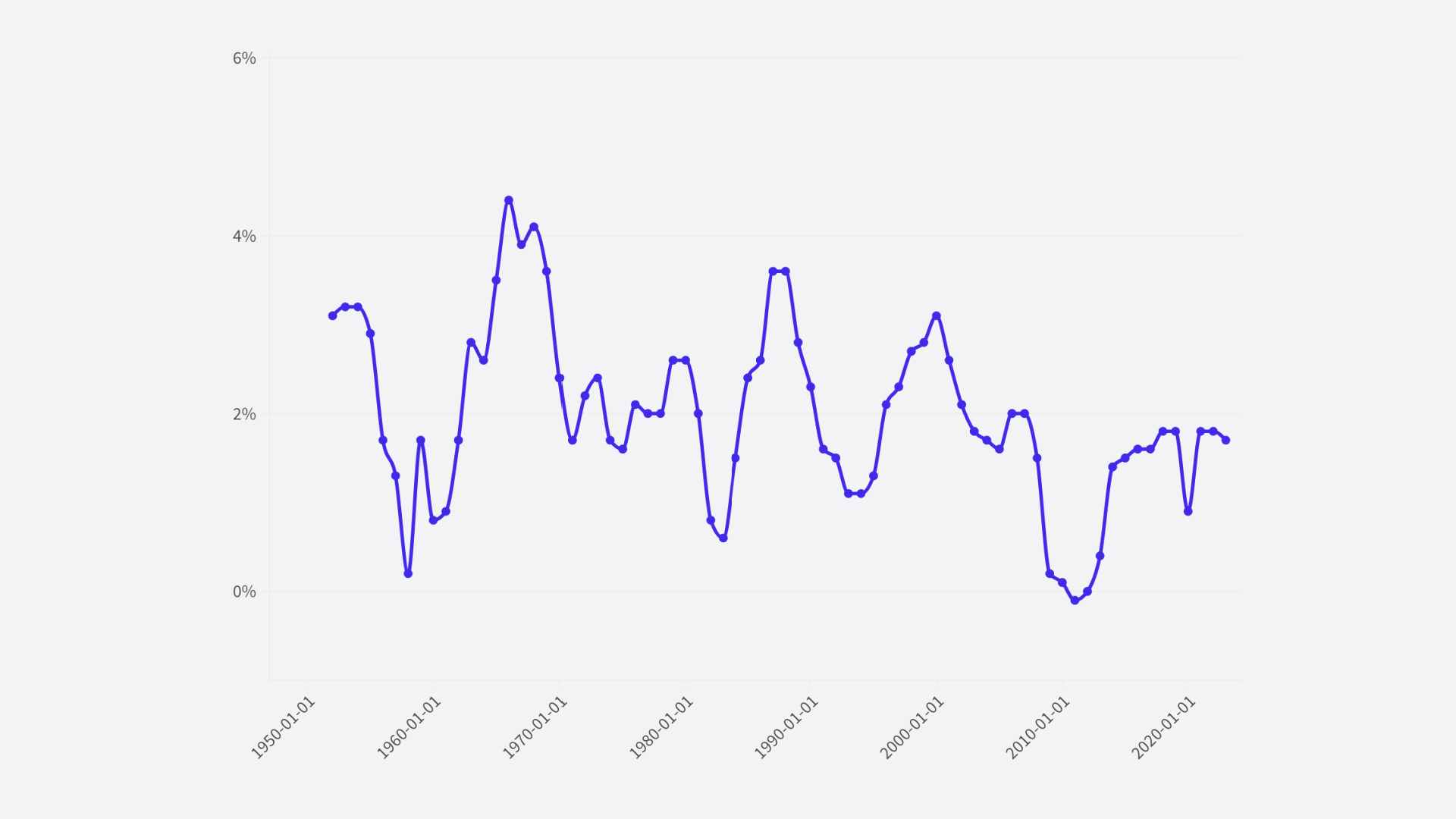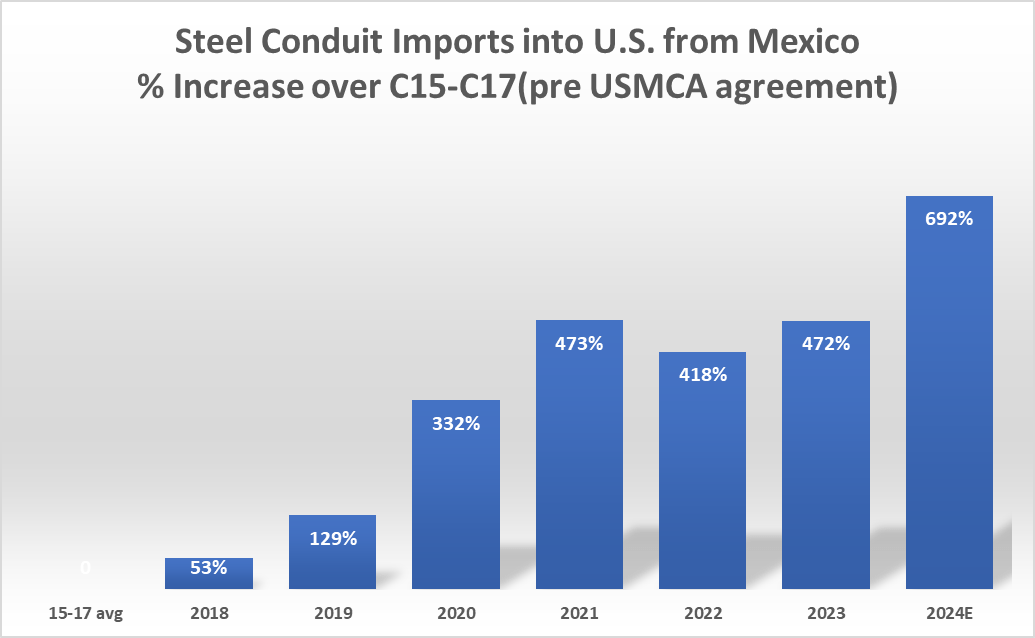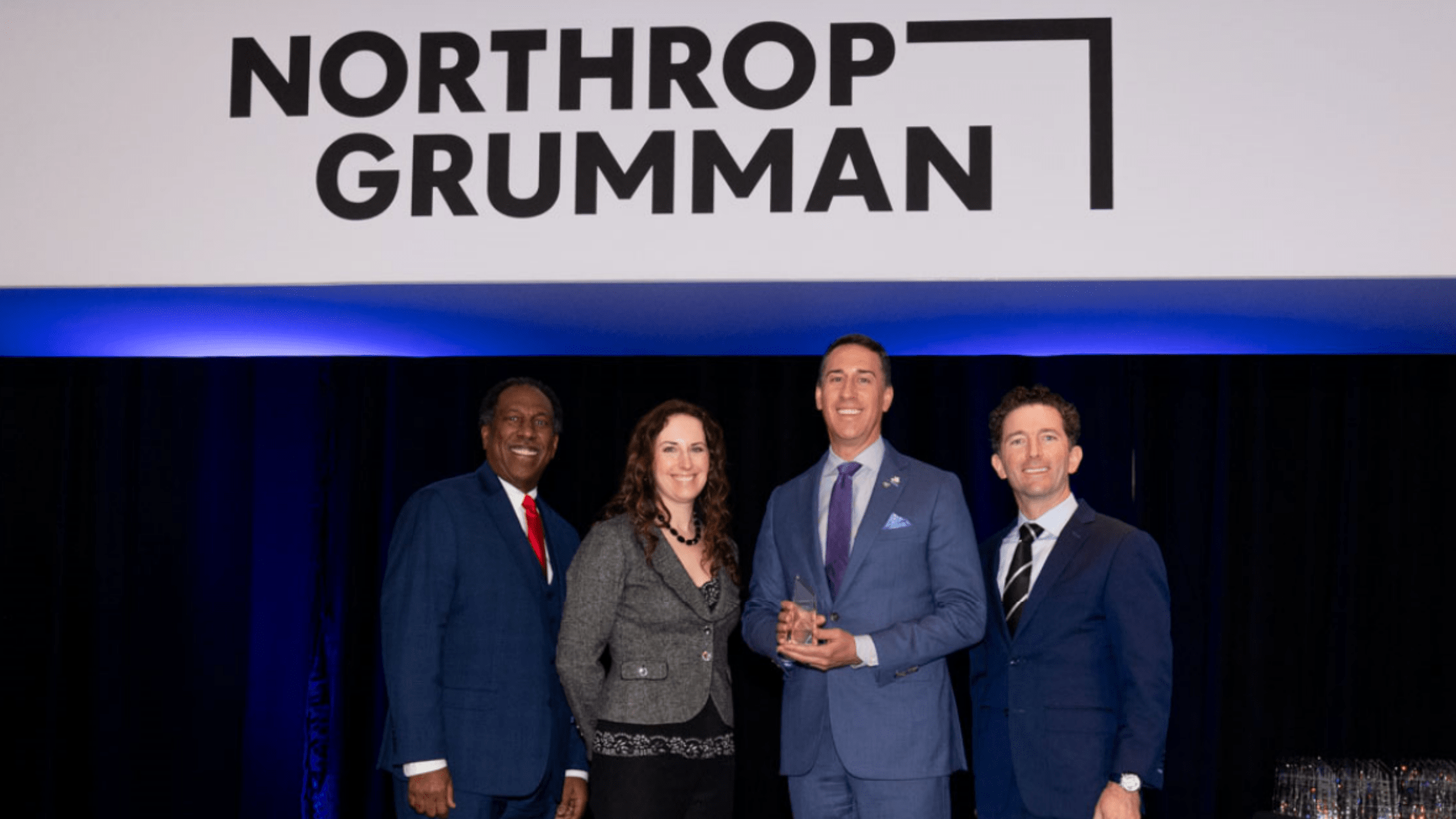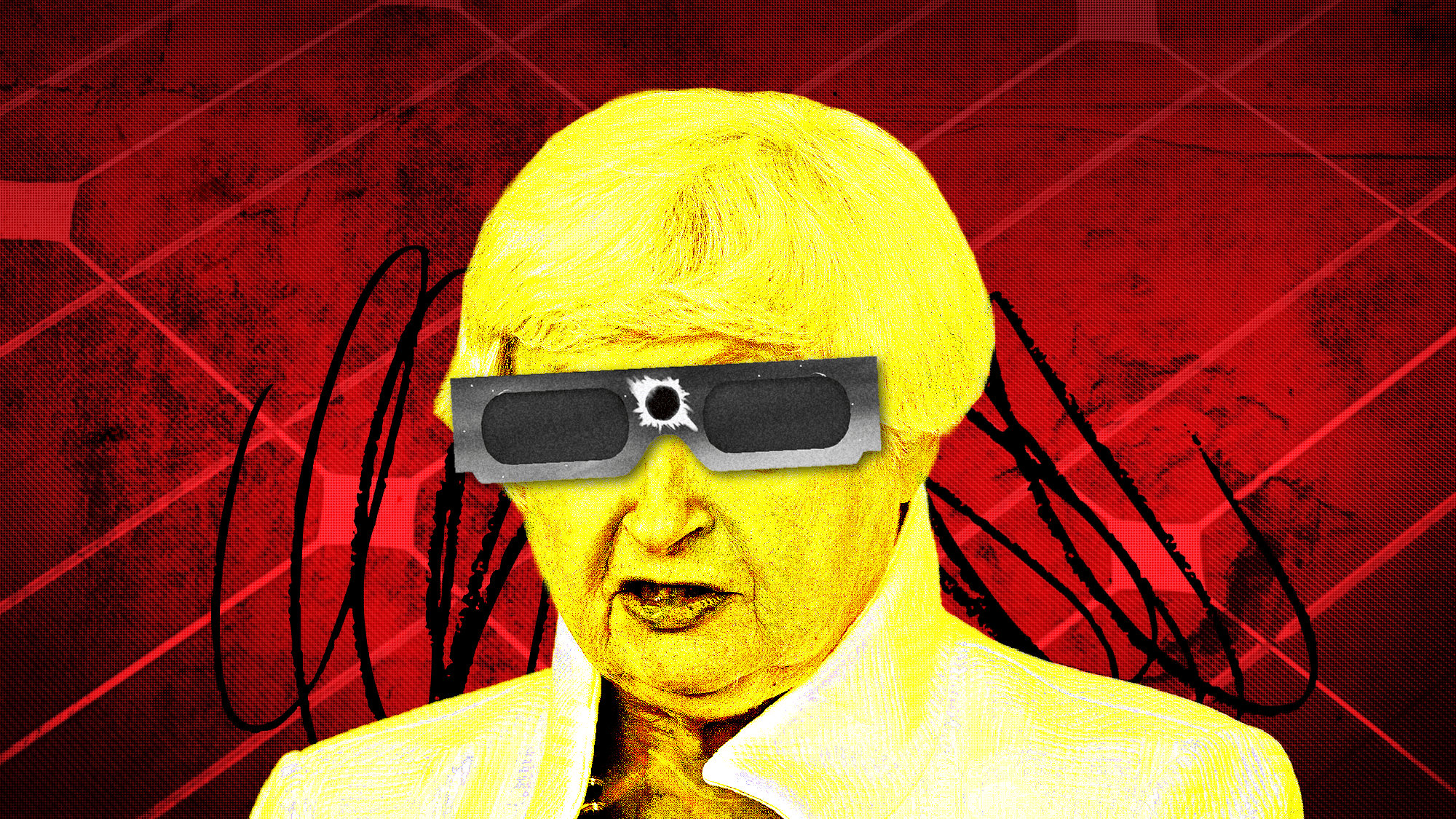
Preventing currency manipulation should be a key goal in any future free trade agreement. As ex-Fed Chairman Paul Volcker has said: “Trade is more affected by ten minutes of movements in exchange rates than by ten years of trade negotiations.” Without free trade in currencies, free trade in goods is simply impossible.
[by Rep. Curt Clawson (R-FL-19) and Peter Morici | July 15, 2015 | The Hill]
When foreign nations intervene in markets to artificially undervalue their currencies, they create lower prices for their exports and higher prices for U.S. goods imported to those countries – placing our nation’s businesses and workers at a competitive disadvantage. This practice, more than any other subsidy, has unfairly hollowed out our manufacturing base and cost us millions of good-paying jobs.
So it’s more than disappointing that Congress passed and the president just signed into law Trade Promotion Authority to enable final negotiation of new trade agreements with European and Pacific nations without addressing this issue.
Over the years, our manufacturing sector has experienced the devastating impacts of foreign currency manipulation on American workers and companies. We’ve seen U.S. manufacturing plants downsized and closed. These were not yesterday’s factories, but world-class plants with world-class management. And the proud workers who lost their jobs and livelihoods were world-class as well.
Today there are 5.1 million fewer American manufacturing jobs than in 2001. About half of these were eliminated owing to the trade deficit with China, a nation that undervalues its currency by 30 percent to 40 percent; lowering the prices of Chinese imports, while acting as a de facto tax on all U.S. goods exported to China. The result: losses of U.S. market share and jobs in sectors affected by trade with China.
Take the motor vehicle parts manufacturing industry, a sector we once dominated globally until foreign competitors with artificially devalued currency entered this market. Today the number of American jobs in this sector is less than half of what is was back in 2001.
Once the Chinese entered the market for wheels for passenger cars and trucks, with artificially low prices due to their undervalued currency, the American companies could no longer compete, and 17 of 18 U.S. factories closed. Most of these factories were world class in quality, productivity and price – that is until wheel prices were artificially dropped by unfair foreign currency manipulation.
Now some economists argue that there’s a positive with foreign currency manipulation – because American consumers can buy imported goods at lower prices – and other jobs are created in our service sector via global trade. Try selling these advantages to the millions who have lost their jobs, or taken lower-paying jobs, because of the unfair edge for foreign competitors created by devalued currencies. It would be far better to increase the number of good-paying jobs and pay $20 for an American-made product at Wal-Mart than to have millions of once hard-working but now unemployed Americans pay the artificial $16 price for the Chinese made equivalent.
The U.S. trade deficit, which exceeds $500 billion, would be largely eliminated if foreign governments let free markets determine currency values. That would create about 4 million jobs directly, and with the multiplier effects of increased wages and spending, another 2 million jobs – with a positive impact on our GDP of about $800 billion. That’s $500 billion from eliminating the trade deficit plus (conservatively) at least $300 billion from the multiplier effects.
Restricting foreign currency manipulation would not affect any country’s sovereign ability to conduct domestic monetary or fiscal policy. Setting tax policies, interest rates, quantitative easing, etc. – these are specifically excluded from the IMF and WTO definitions of currency manipulation (something done specifically to artificially affect prices of exports and imports).
Let’s not end this discussion with the new TPA. Let’s reinvigorate it.
We all know folks laid off from good-paying manufacturing jobs who are now either unemployed or working in retail or in some other low-paying jobs. They are members of our families, our communities and our churches.
Let’s demand a fair and level playing field on currency for them in all future trade deals. Let’s give our workers and companies a chance to compete fairly going forward.
Let’s stop foreign currency manipulation. Let’s prevent the continuing erosion of the American manufacturing base. Let’s bring critical manufacturing jobs back to America.
Clawson has represented Florida’s 19th Congressional District since 2014. He sits on the Foreign Affairs and the Homeland Security committees. He is the former CEO of Hayes Lemmerz International, the world’s largest manufacturer of automotive wheels. Morici is an economist and business professor at the University of Maryland.













